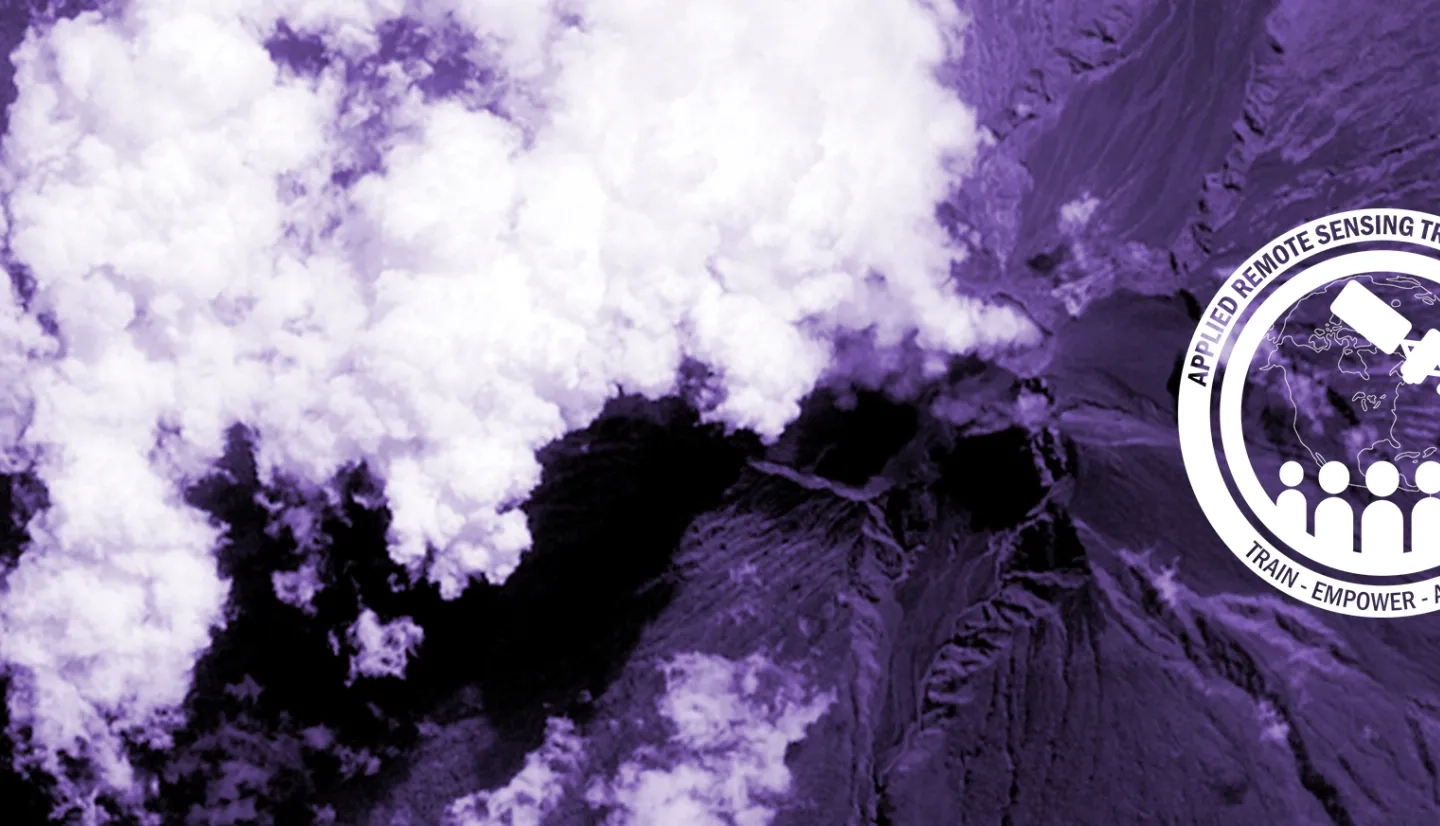Satellite instruments detect fires using mid-infrared bands where fires typical emit strongly. Fire products may use data from polar orbiting instruments, geostationary instruments or a combination of both. The advantage of the polar orbiting instruments is their high resolution which allows them to detect smaller and/or less energetic fires than the geostationary instruments. The geostationary instruments have much higher temporal coverage and may observe many fires that the polar orbiting instruments will not see since the overpass is not coincident in time with the fire.
Fire products may rely solely on automated algorithms for fire identification or may supplement procedure with human analysis to remove suspected false positives or to add hotspots.
MODIS can typically detect flaming and smoldering fires 1000 m2 in size but depending on conditions and fire type may detect fires as small as 50 m2. For additional information on fire products from MODIS, including a more complete discussion of minimum fire size detected and factors effecting fire detection please see the excellent LANCE FAQ from NASA’s EOSDIS and scroll down to the “FIRMS” section.
The chart below can be used for quick access to the more widely used fire products.
For a fuller explanation of the features available on each site please see our "Fire and Smoke Product" overview presentation available for download "Reference Materials" section.
Fire and Related Products
| Product name/link | products available | coverage | availability | Data formats | sensors used |
|---|---|---|---|---|---|
| NOAA Hazard Mapping System | Daily Fire and Smoke Analysis Interactive Map | North America | 24 hour product Archived KML products for 6 months | GIS, KML, imagery | MODIS GOES |
| Forest Service Active Fire Mapping Program | Interactive Map Fire Radiative Power Monthly Burn Scar Satellite Imagery
| U.S and Canada | Fire Detections from 2001 Fire detection and fire radiative power from 2008
| GIS
KML
| MODIS GOES VIIRS AVHRR |
| WildFire Automated Biomass Burning Algorithm (WF Abba) | Fire Mask Imagery | Global | Past 24 hours Historical data upon request | Imagery, Animation loops KML | GOES East, West and South Met-9 MTSAT |
| Fire Information for Resource Management System (FIRMS) | Interactive Fire Map Active Fire Data | Global | Interactive Map - November 2000 to present Active map 24, 48, 72 hours Historical data available on request | SHP KML WMS TXT | MODIS |
| NOAA Storm Prediction Center | Fire Weather Outlooks & Forecasts | U.S. Only | Historical forecasts June 2002 to present | Interactive Maps PDF |
Reference Materials:
- Fire and Smoke Product Overview - ppt, 11.2 MB: Overview presentation on sources for smoke and fire products.
- NOAA Smoke Products - doc, 1.7 MB: A detailed description of the NOAA smoke product for use with Google Earth.
